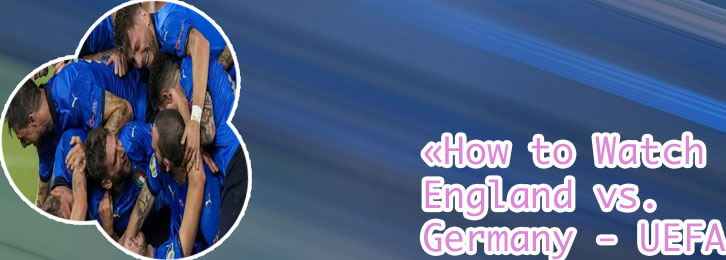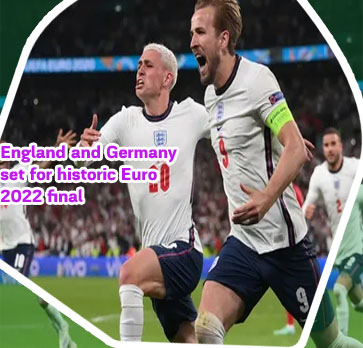- Spl fixtures
- Newsnow southampton fc
- Nfl scores
- Viprow sports
- Bayern munich match
- Live football on sky sports
- Rugby championship fixtures
- Online soccer manager
- Reddit soccer
- All today live scores
- Epl results
- Transfers centre
- Sevilla results
- Bangladesh football match
- Liverpool bs aston villa
- Fc porto results
- Livescorestoday
- Espnfc scores
- Bbc transfer news
- Newcastle united
- Latest confirmed football transfers
- Fixture liverpool
- Sportlemons
- Epl fixtures
- Euros prediction
- Tottenham fixture
- Fixtures for euros
- Manchester city fixtures
- Packers score
- Gaa fixtures
- Nba scores
- Mobileflashscorelive
- Premier league results
- Gabriel martinelli
- Soccer res
- Che fc
- Epl live scores
- Ipl team today match
- Soccerways
- Tottenham scores
- Euro final
- West ham live score
- Spurs predicted line up
- This week pool result
- Statareas
- Gold cup finals
- England football fixtures
- Flash soccer scores
- Premier league fixtures
- Newsnow aston villa
- Today ipl match timings
- Argentina football live
- Newcastle united team
- Brazil match
- Aston villa
- Chelsea live streaming
- Football prediction
- Ipl match today live
- Predictz today
- Football match time

Uefa euro champions
Qatar's emir watches as PSG stumbles in Champions League
An iconic tournament for a number of reasons, 1988 saw the final European Championship appearances of some of its most successful teams as, for various political reasons, West Germany, the Soviet Union and Yugoslavia no longer existed by 1992. England euro cup Kelly took her shirt off to celebrate her goal, earning a yellow card but also a shout-out from Brandi Chastain, who celebrated in similar style when her penalty kick won the World Cup for the U.S. in 1999. “Enjoy the free rounds of pints and dinners for the rest of your life from all of England. Cheers!” Chastain wrote on Twitter.
Yesterday football match euro cup
The problem with elite sports, though, is that it is not quite as simple as that. The impact of Euro 2022 on the general public will not change, of course, regardless of whether England can make that one final step on Sunday and become European champion for the first time, but the way the players remember it most certainly will. It is one thing to inspire a nation in glory. It is another to do it in regret. The victory that matters to England is not the philosophical one, the conceptual one. It is the one that is achieved over 90 minutes, on a field. Where to watch Euro 2020 finals without cable The ETTU European Team Championships Men’s Qualifiers were held at the K2 Crawley in January 2023 in front of a sell-out crowd.
Wiegman and Williamson: England's leading double act
The morning after England beat Germany—on a day when London’s FTSE 100 index dropped 0.7%—Jim Reid of Deutsche Bank noted how the usual way of things had come unglued in 2021. “I can’t believe at the start of my career that equity markets genuinely went up in countries that won important matches at major tournaments,” he wrote in an investor note. “Life was so much simpler back then.” How do I get tickets to the UEFA European Championship? The sport, relegated to parks and rugby pitches, has been toiling to recover ever since. The FA reversed the ban in 1971, but, like most soccer federations worldwide, it never truly invested in the women's game until recently. It delegated governance to a separate "Women's FA" until 1993. When England met Germany in the 2009 Euro final, just 13 short years ago, most of its players were semi-professional. Their annual salaries were tiny fractions of the roughly $67,000 that each of England's 2022 players will make for winning Sunday's final. Their games, prior to the 2009 semifinal and final, were not shown on TV.

